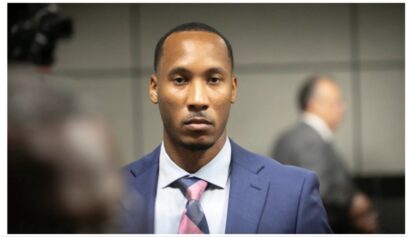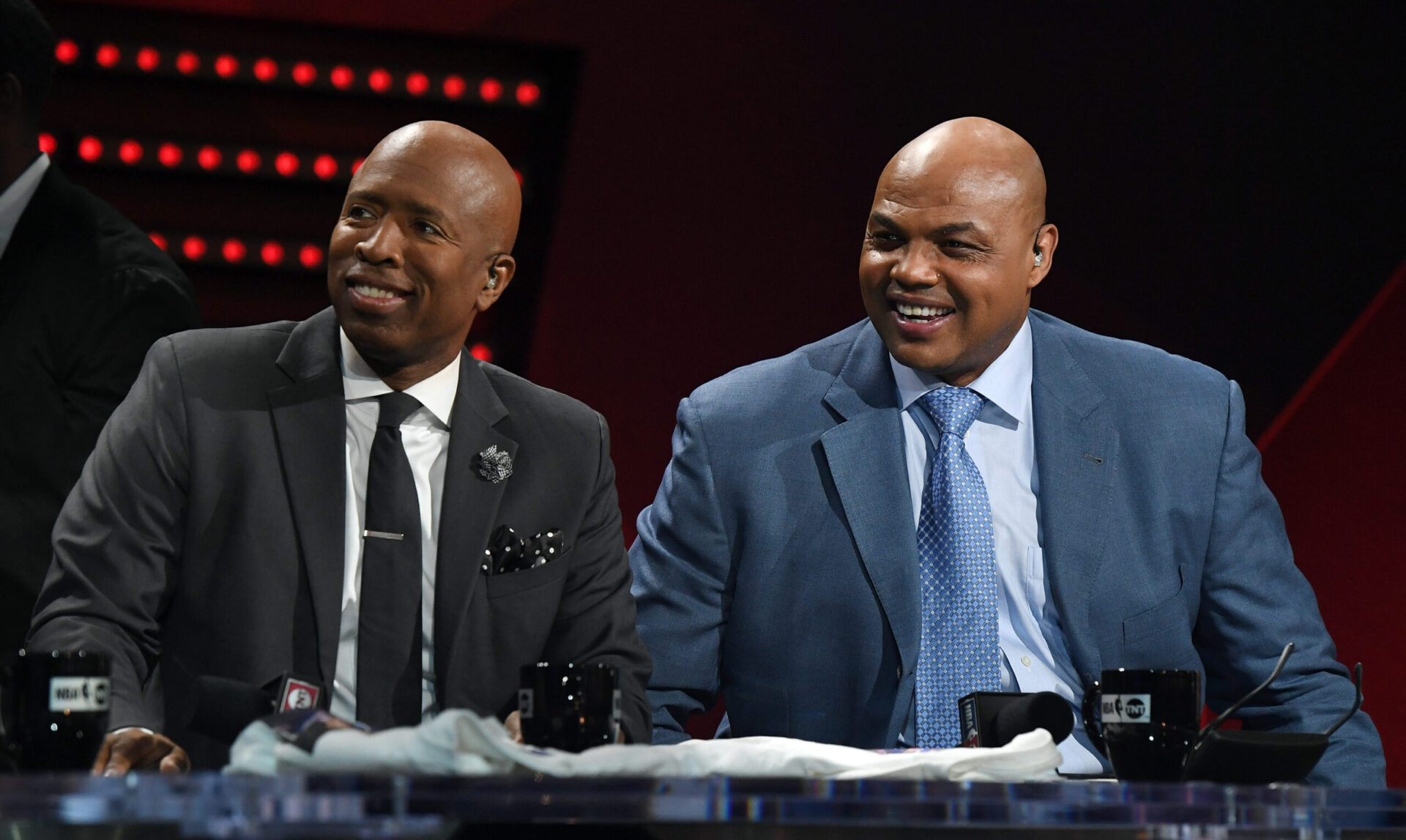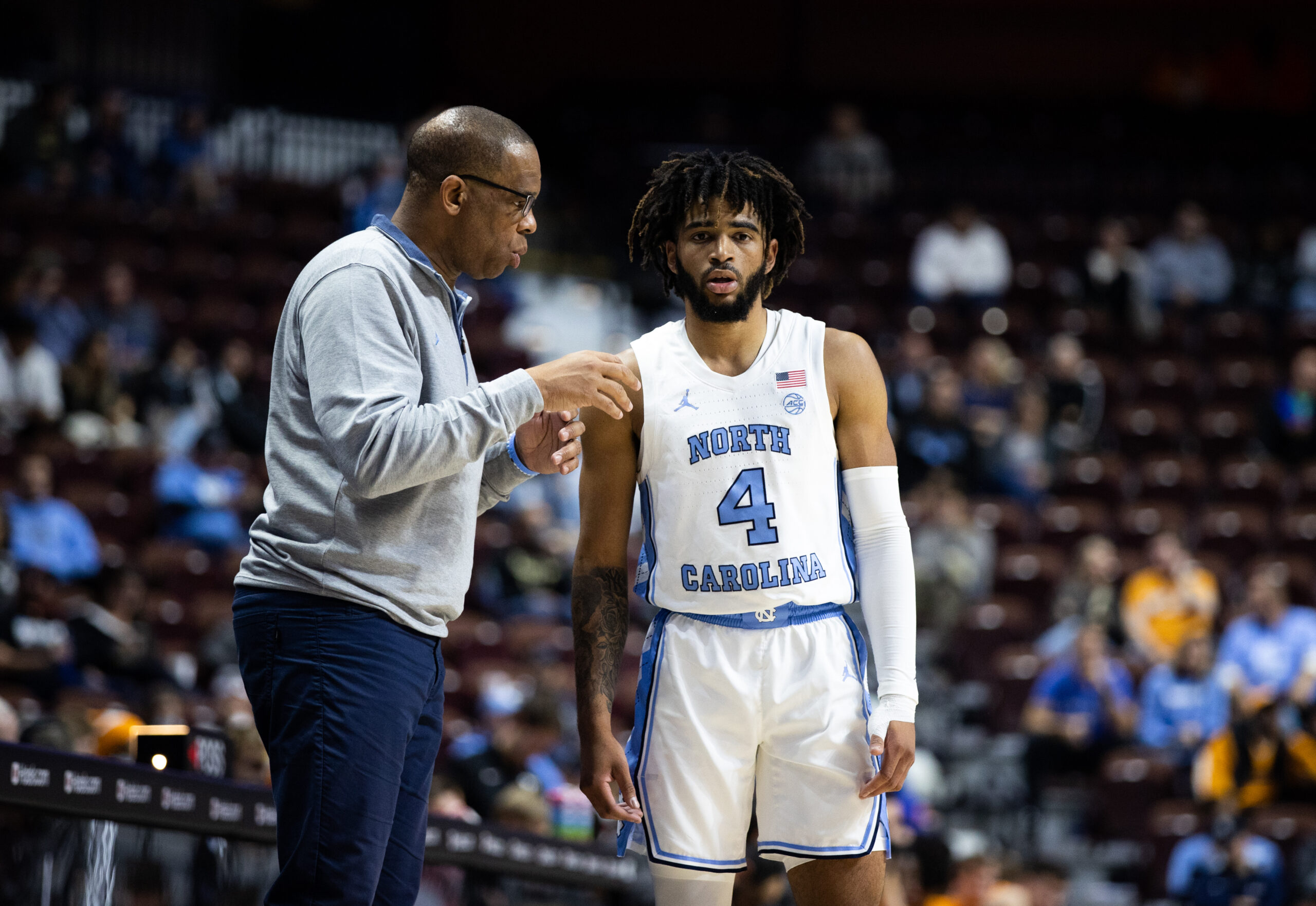During Final Four weekend in Houston, The Shadow League went behind the scenes for some conversations with some big names in the college basketball tapestry. In this next installment, we bring you Florida State head coach Leonard Hamilton, the first Seminole coach to win an ACC championship and the winningest coach in the program’s history.
But that merely scratches the surface of who he is, what he symbolizes and the overall power of his life story. Hamilton hopped in my Buick Enclave for a ride around H-Town and shared some of his thoughts and insights on life, the game and how he uses it to change the trajectory of a young man’s life, in the same way that it changed his.
Florida State University head basketball coach Leonard Hamilton hails from Gastonia, North Carolina.
It’s a city that takes its basketball seriously, having produced players like current Miami Heat phenom Hassan Whiteside, Hall of Famer “Big Game” James Worthy and former NBA All-Star and Georgetown University’s all-time scoring leader Sleepy Floyd.
Gastonia was once powered by the textile industry, with many of its residents earning wages from the numerous cotton mills and factories. Hamilton grew up on the rough side of town, in a house with no indoor plumbing. His family had to boil water on the stove in order to get a hot bath going.
The neighborhood that shaped his initial worldview was known as “The Gas House.” That was because of stupefying rates of crime and violence, and the inordinate amount of residents who wound up on Death Row.
His father didn’t get past the eighth grade and his mother was forced to drop out in the seventh to work as a sharecropper. Segregation ruled his childhood. And though many think those days were a long time ago, Hamilton grew up under the grip of Jim Crow.
Through athletics, though, he saw a path out. On the basketball court, he was holding his own against grown men when merely in middle school: an athletic, fast and strong competitor who was known for his ball-handling and leaping ability. In high school, from a standing start, he could elevate with his inordinate hops and easily dunk the ball backwards.
In neighborhoods like The Gas House, though, that could create some ticklish moments, especially when he was embarrassing older men with his vicious rim-wreckers on the playground. After once humiliating a 6-foot-4 dude who was known as one of the meanest cats in town, Hamilton saw a haymaker coming in his direction. He slid away from it, and in one swift, vicious counter-punch, knocked the dude out cold.
His father constantly preached the value and spoke of the transformative magic of education. He couldn’t benefit, but he knew that Leonard could, because times were changing.
When the household of eight became too chaotic for him to study at night, Hamilton could be found reading with a flashlight nearby in a broken-down car.
“My father never allowed me to make excuses,” Hamilton said. “He wouldn’t allow us to complain about other people enjoying certain advantages. His motto was pretty simple, just get the job done.”
Had he come of age today, he could have gone to any number of top college programs nearby to play. But the big time programs in the South back then were not in the business of giving many athletic scholarships to young Black men.
After two years at Gaston College, Hamilton became the first black basketball player ever at the University of Tennessee-Martin. He later earned a Master’s Degree from Austin Peay. His example inspired his siblings to chase their own higher education dreams.
While completing his Master’s, he adopted his younger brother Willie, who went on to graduate from Western Carolina. He later adopted his younger siblings Barry and Pamela as well.
When Leonard was a kid, the options for Blacks in Gastonia were limited: either working in the cotton mills and joining the army. He singlehandedly changed that entire paradigm for his brothers and sisters with his passion for education and the power of his own example.
Folks can talk all they want about his career accomplishments – that New York City playground legend Fly Williams was his first recruit when he went into coaching, that he went to three Final Fours as an assistant coach at the University of Kentucky from 1974 to 1986 while winning the National Championship in 1978, that he is the first to ever be named the Coach of the Year in both the ACC and The Big East, that he’s taken both the University of Miami and Florida State to the Sweet Sixteen, that he’s been a two-time National Coach of the Year – and none of that would capture the essence of a man who was once one of the first black college athletes in the south, a man who came from oppressive poverty who could not eat in certain restaurants, who had to sit in the negro balcony at certain movie theaters, who was called a N***** quite often in the days of America’s shameful past.
Yes, he’s in the cut-throat business of winning college basketball games. And he’s as competitive as they come. But he’s also in the business of molding men.
As someone who has been through the struggle, there aren’t many coaches around more qualified to pass along the lessons of what true manhood looks like, of pulling oneself up by the bootstraps, and reaching back for others, changing the dynamic of entire families in the process.






